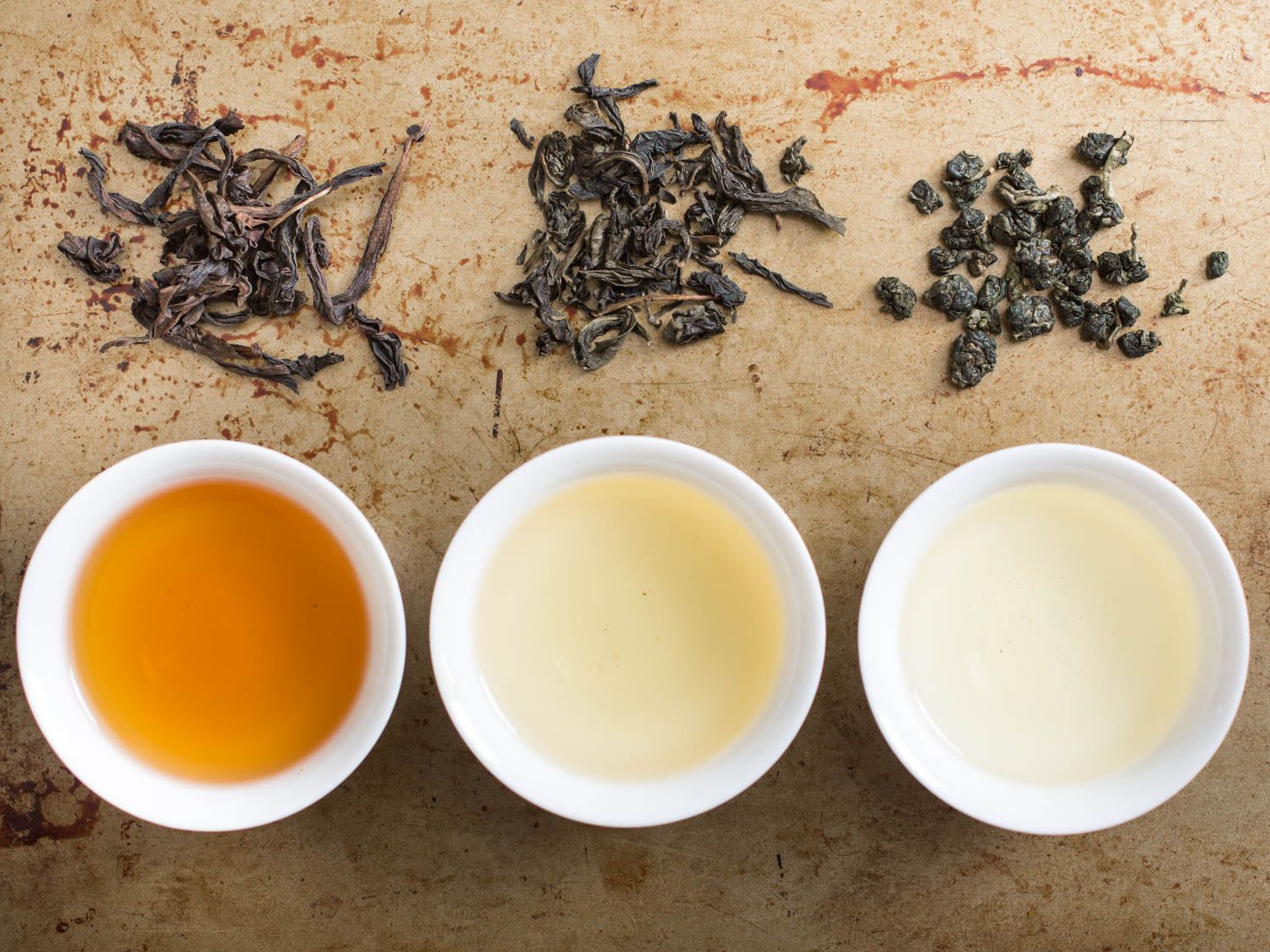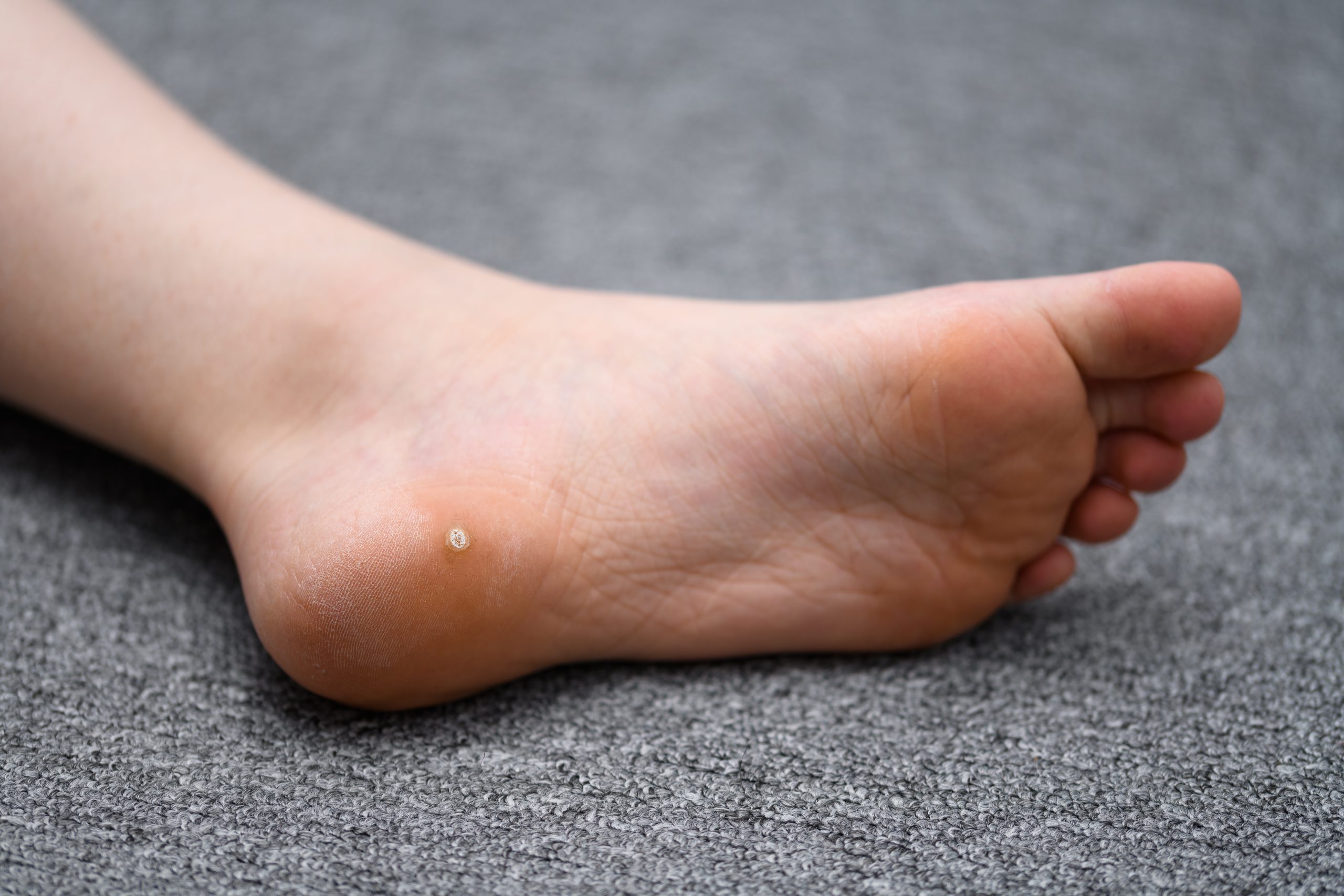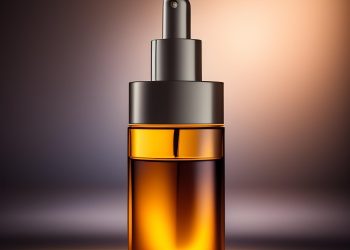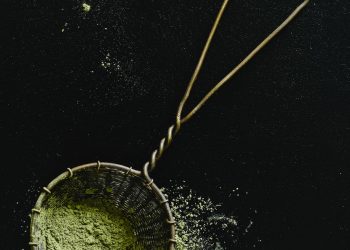Oolong tea is a popular Chinese herbal tea. It is used as an alternative medicine since ancient times.
Modern clinical research suggests that drinking oolong tea may have countless benefits.
Oolong tea may boost your overall health, as well as prevent an array of ailments.
Oolong tea contains more caffeine than green tea but lesser than black tea. Recent studies confirm that different types of oolong tea contains varying amount of caffeine ranging from 16.6mg/cup to 55.4mg/cup.
The herbal tea may lower the risk of heart disease, and cholesterol, and provide better skin, hair, dental health, and so on.
Read on to find out the science-backed health benefits of oolong tea and its key nutrient facts.
RELATED: 14 Health Benefits of Chamomile Tea (Backed by Science)
12 Oolong Tea Health Benefits
1. Oolong Tea May Reduce Risk of Heart Disease
According to the World Health Organization, heart disease kills about 7 million people each year.
Experts explain that heart disease is an umbrella term used for different conditions affecting the heart, which include but are not limited to congenital heart defects, problems with heart rhythm, disease of blood vessels, and so on.
Symptoms depend on the specific type of heart problem that you have, but generally, these include pain in the chest, difficulty in breathing, clammy arms or legs, and pain in different parts of the body.
Some of the most common causes of heart disease are high blood pressure, stress, diabetes, smoking, and excessive consumption of alcohol or caffeine.
In addition to regular exercise and healthy habits, certain foods and drinks are believed to reduce the risk of heart disease, and these include oolong tea.
In 2004, researchers from the Osaka City University Medical School in Japan studied the effects of oolong tea on 22 patients [1].
The participants were made to consume 1000 ml of oolong tea or water daily for one month [1].
Results show that a month-long intake of oolong tea significantly reduced cholesterol levels, and can therefore protect against heart ailments [1].
In another study, it was found that oolong tea drinkers are less likely to die from coronary heart disease than non-drinkers [2].
Drinking oolong tea reduced the risk of heart disease by 38 percent for men and 22 percent for women [2].
These results show that drinking this tea can be good for the heart, particularly if you have a family history of heart problems.
Key Takeaways:
- Oolong tea can reduce LDL cholesterol, prevent heart disease and reduce mortality due to heart problems.
- Research has shown that oolong tea drinkers are less likely to die from heart disease than those who do not drink this beverage.
2. Oolong Tea May Help You Lose Weight
It’s about time that people realize that being overweight or obese is more than just a cosmetic issue.
If your body mass index (BMI) is above normal, you’re more susceptible to chronic ailments like heart disease, diabetes, high blood pressure, and breathing problems.
One of the best natural ways to lose those stubborn fats and keep yourself in top health is by drinking oolong tea.
A Japanese study reports that oolong tea reduces body fat by boosting energy metabolism [3].
Researchers suggest that the thermogenic effect can be attributed to the tea’s catechin polyphenols [3].
Many other studies confirm its efficacy as a weight loss aid, helping you achieve that slimmer body that you’ve always wanted [4, 5, 6, 7].
In one that was published in the Chinese Journal of Integrative Medicine, it was confirmed that drinking 8 grams of oolong tea daily for six weeks helped 102 obese or overweight participants drop unwanted pounds [7].
Out of those who consumed oolong tea, 70 percent lost over 1 kilogram in body weight while 22 percent dropped more than 3 kilograms [7].
Key Takeaways:
- Losing weight is important not only for one’s physical appearance but more so for health reasons.
- The ideal weight can be achieved with the help of natural weight loss remedies like oolong tea.
- Experts used to think that caffeine in tea was responsible for its weight loss effects, but now it’s evident that the polyphenols are doing most of the work.
RELATED: Drinking Oolong Tea for Weight Loss: Good or Bad?
3. Oolong Tea May Treat and Prevent Type 2 Diabetes
Health professionals define type 2 diabetes as a chronic condition in which the body is not able to produce or utilize insulin, a hormone responsible for regulating blood sugar levels.
Since it’s a serious and potentially life-threatening disease, it is important to manage it properly with safe and effective remedies such as oolong tea.
There’s scientific proof that oolong tea can decrease insulin sensitivity, as well as help, maintain proper levels of sugar [8].
The study involved 20 diabetic patients who consumed 1,500 ml of oolong tea every day for one month [8].
Findings revealed that oolong tea can be a reliable adjunct therapy for diabetes to be ideally paired with standard antihyperglycemic medications [8].
Key Takeaways:
- Diabetes is a serious disease that can possibly put your life at risk.
- It’s important to manage this condition with the help of remedies like oolong tea.
- Oolong tea has antihyperglycemic effects that make it a suitable adjunct therapy for diabetes.
RELATED: 13 Real Home Remedies for Diabetes (That’ll Actually Work )
4. Antioxidants in Oolong Tea Can Neutralize Free Radical Damage
Free radicals have been associated with many types of human diseases [9].
It has been linked not only to premature aging but also to heart disease, diabetes, and various inflammatory conditions.
Needless to say, it’s imperative to fight free radical damage inside the body with the help of antioxidant-rich beverages such as oolong tea.
A 2002 study that investigates oolong tea’s antioxidant activities revealed that its high polyphenol content can inhibit the actions of free radicals and therefore, prevent damage to the DNA [10].
In turn, polyphenols in oolong tea can reduce the risk of various ailments and keep you in top condition.
Key Takeaways:
- Free radicals can shoot up the risk for heart disease, diabetes, and inflammation-related disorders.
- Polyphenols in oolong tea can combat cellular damage caused by free radicals, preventing an array of serious and chronic ailments.
5. Oolong Tea Can Make Skin Healthier and More Beautiful
Oolong tea, according to a 2003 study, can help slow down the process of aging, reducing the appearance of wrinkles, fine lines, and age spots [11].
Experts believe that it has something to do with the tea’s antioxidant activities, which work not only to boost the synthesis of collagen but also to inhibit collagen degradation [11].
Topical application and oral intake of oolong tea can also make the skin smoother and suppler [11].
That’s not all, laboratory studies also suggest that patients with atopic dermatitis can find relief from drinking oolong tea on a regular basis [12].
According to results, intake of oolong tea can suppress allergic reactions and show moderate improvement of this chronic skin ailment [12].
Key Takeaways:
- To preserve your youthful glow, drink antioxidant-rich oolong tea, which slows down the formation of aging signs such as wrinkles, pigmentation, and fine lines.
- This can also keep the skin looking soft, smooth, and supple.
RELATED: Top 9 Essential Oils For Deep Wrinkles
6. Oolong Tea Contains Calcium That May Strengthen Bones
Without proper nutrition, bones can deteriorate over time.
This can lead to numerous bone problems such as osteoporosis.
Osteoporosis is a condition marked by brittleness and fragility of bones due to deficiency in calcium or hormonal imbalance.
Don’t let this happen to you, drink a high-calcium beverage such as oolong tea.
Based on a 2002 study involving over 1,000 participants, it was shown that habitual tea drinkers have stronger bones and higher bone mineral density [13].
Drinking oolong tea daily for many years can help promote healthy growth and development of human bones.
Key Takeaway:
- Oolong tea is high in calcium and can safely prevent osteoporosis and other degenerative bone diseases.
7. Oolong Tea May Prevent Cancer
A “major public health problem” not only in the United States but in other parts of the world, cancer is now the second leading cause of death next to heart disease [14].
Cancer, which comes in over a hundred different types, is characterized by uncontrollable growth and the spread of abnormal cells in the body.
Reduce your cancer risk with the help of anti-cancer oolong tea.
According to researchers, polyphenols in oolong tea can protect against chemical carcinogens as well as skin tumors triggered by UV radiation [15].
Tea has been linked to the reduction of certain forms of cancer including breast, colon, esophagus, pancreas, liver, and lung [15].
Key Takeaway:
- Rich in cancer-fighting polyphenols, oolong tea can be a natural preventive measure for many types of cancer.
8. Oolong Tea May Reduce Stress
Oolong tea contains fragrant compounds that are said to have “tranquilizing effects” on the brain [16].
This means that drinking this tea and inhaling its aroma can do wonders in calming your anxious mind.
Other studies echo these findings, providing evidence that you can reduce stress levels with oolong tea [17, 18].
In one trial that can be found in the Journal of Health Science, 55 women were randomized to receive either oolong tea, barley tea, or water for one week [18].
By the time the experiment was over, oolong tea drinkers reported significant improvement in stress symptoms, which include shoulder stiffness, eye fatigue, and headaches [18].
It was also observed that the oolong tea drinkers had fewer errors in the calculation tasks compared to the other groups [18].
Researchers attribute oolong tea’s anti-stress effects to the presence of polyphenols [18].
Key Takeaways:
- Fragrant compounds and antioxidants like polyphenols in oolong tea have a calming effect on the mind and body.
- Not only did oolong tea cause improvement in stress symptoms, but it also improved problem-solving skills.
RELATED: 11 Effective Home Remedies for Anxiety That Actually Work
9. Oolong Tea May Boost Mental Performance
Cognitive decline is common among the elderly.
You can prevent this from happening to you by consuming oolong tea regularly as early as now.
Singaporean scientists examined how consumption of tea affected cognitive function among elderly adults [19].
Participants included 716 Chinese individuals ages 55 years and above [19].
It was found that regular consumption of tea improved memory, information processing, and global cognition [19].
Overall, the tea can be said to have improved mental performance and even slow down brain degeneration.
Key Takeaway:
- Oolong tea’s brain-boosting powers are not only effective for the elderly but also for younger adults.
10. Oolong Tea Can Improve Dental Health
Flash a perfect set of teeth with the help of oolong tea.
A study published in the Journal of Dentistry revealed that this tea can help maintain bright and strong teeth [20].
Its overload of polyphenols can inhibit the growth and spread of bacteria inside the mouth, and thus prevent oral diseases [20].
In addition, it can also prevent the accumulation of plaque and reduce the risk of tooth decay [21].
Key Takeaways:
- Having perfect teeth can be achieved with the help of oolong tea.
- It has been verified that this beverage can help build strong teeth as well as prevent bacterial infections inside the mouth.
- It also inhibits dental plaque formation and prevents tooth decay.
11. Oolong Tea Has Powerful Anti-Aging Benefits
Look fresher and younger when you drink oolong tea more often.
Glycation of collagen has been linked to premature aging, more specifically skin dullness and reduction of skin elasticity [22].
A 2012 study indicates that herbal teas with their rich polyphenol content can effectively inhibit this process [22].
Moreover, antioxidants can also work to increase the elasticity and firmness of the skin, while preventing the buildup of glycation in the epidermal layer [22].
Researchers conclude that herbal teas like oolong tea are beneficial to use as anti-aging products [22].
Key Takeaways:
- There’s no need to undergo plastic surgery to look younger when you make use of natural anti-aging treatments like oolong tea.
- It works by increasing skin elasticity and firmness, as well as preventing the glycation of collagen.
12. Oolong Tea May Fight Bacterial Infections
It has long been established that tea leaves contain organic compounds that can combat harmful microorganisms including bacteria, viruses, and fungi [23].
Oolong tea in particular is a proven antibacterial that can fight bacterial infections caused by strains of streptococci, as reported in several studies [24, 25].
Both studies point out that oolong tea’s antibacterial properties are due to the presence of polyphenols [26, 27].
This means that if harmful invaders threaten your health and well-being, oolong tea can come to your rescue.
Key Takeaway:
- To control bacterial infections, try using oolong tea, which has been proven in scientific research to have potent bactericidal properties.
Key Nutrient Facts
Oolong tea has no fat and calorie but it is packed with vitamins, minerals, and antioxidants that are good for your health.
The list below contains nutritional information based on a 100-gram serving of oolong tea.
- Calories 0
- Fat 0
- Protein 0
- Carbs 1 g
- Calcium 2 mg
- Magnesium 1mg
- Potassium 13 mg
- Vitamin B2 03 mg
- Niacin 1 mg
It’s safe to consume a few cups of oolong tea a day but don’t fail to monitor your health and see if it has any adverse side effects.
READ NEXT: 26 Surprising Health Benefits of Black Tea





